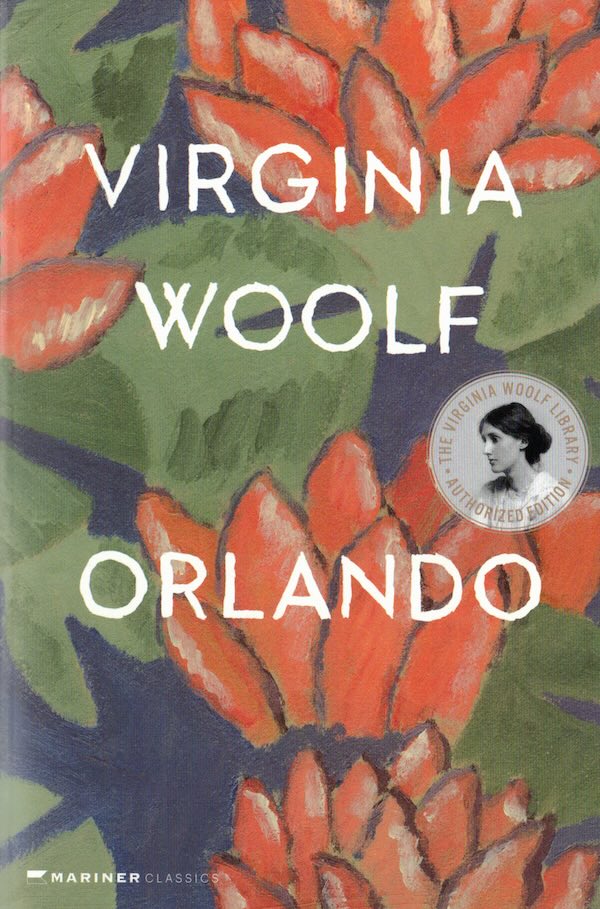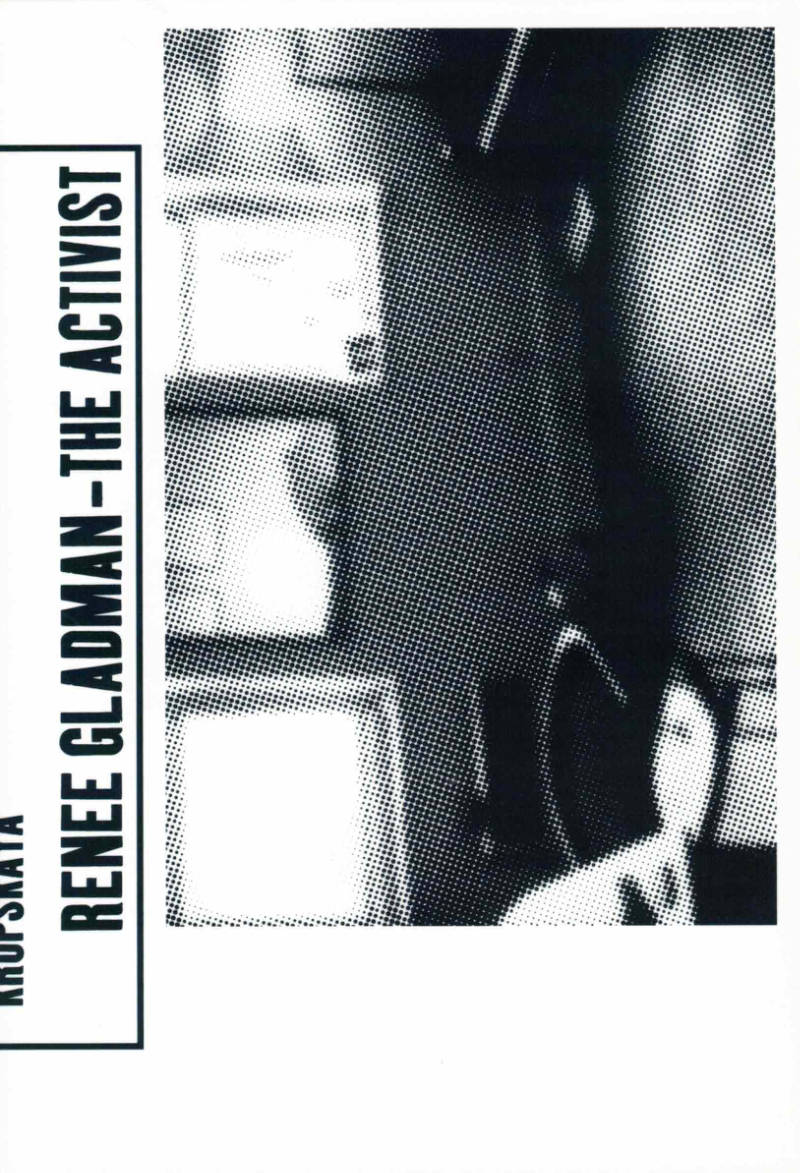
Our Fatal Magic
Our Fatal Magic is a collection of feminist science fiction by contemporary artist Tai Shani. Foregrounding explorations of sensation, experience, and interiority, these twelve fantastical prose vignettes refract their ideas through a series of curious characters, from Medieval Mystics to Cubes of Flesh, from Sirens to Neanderthal Hermaphrodites. Drawing on the speculative narrative strategies pioneered by writers like Marge Piercy, Octavia Butler and others, Our Fatal Magic metabolizes new and necessary fictions from feminist and queer theory to propose an erotic, often violent space of critique in which gender constructs are destabilized, alternative histories imagined, and post-patriarchal futures proposed.
Tai Shani is a Tutor in Contemporary Art Practice at the Royal College of Art. Shani's multidisciplinary practice, comprising performance, film, photography, and installation, revolves around experimental narrative texts.
Published December 2019
Language: English





